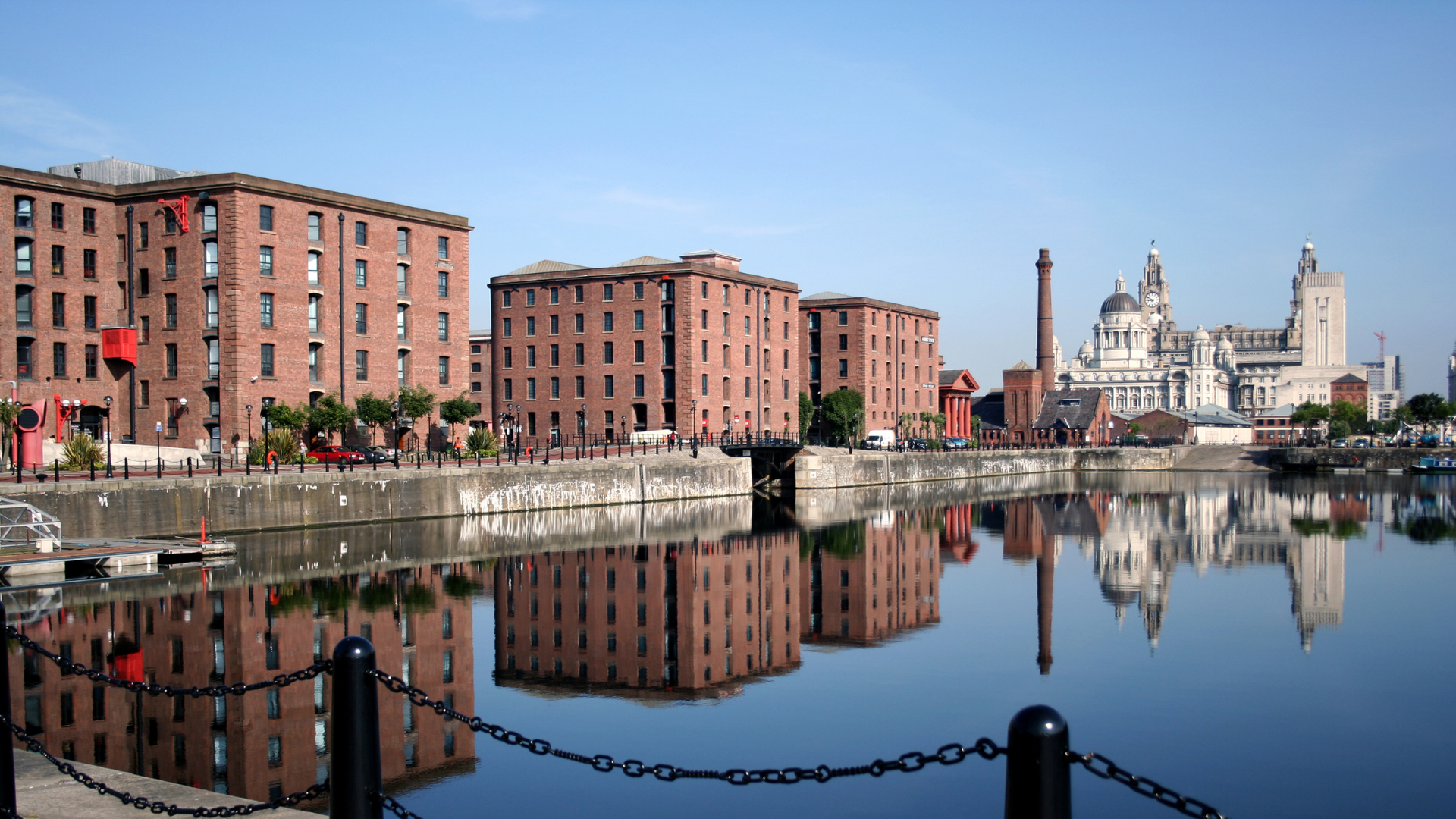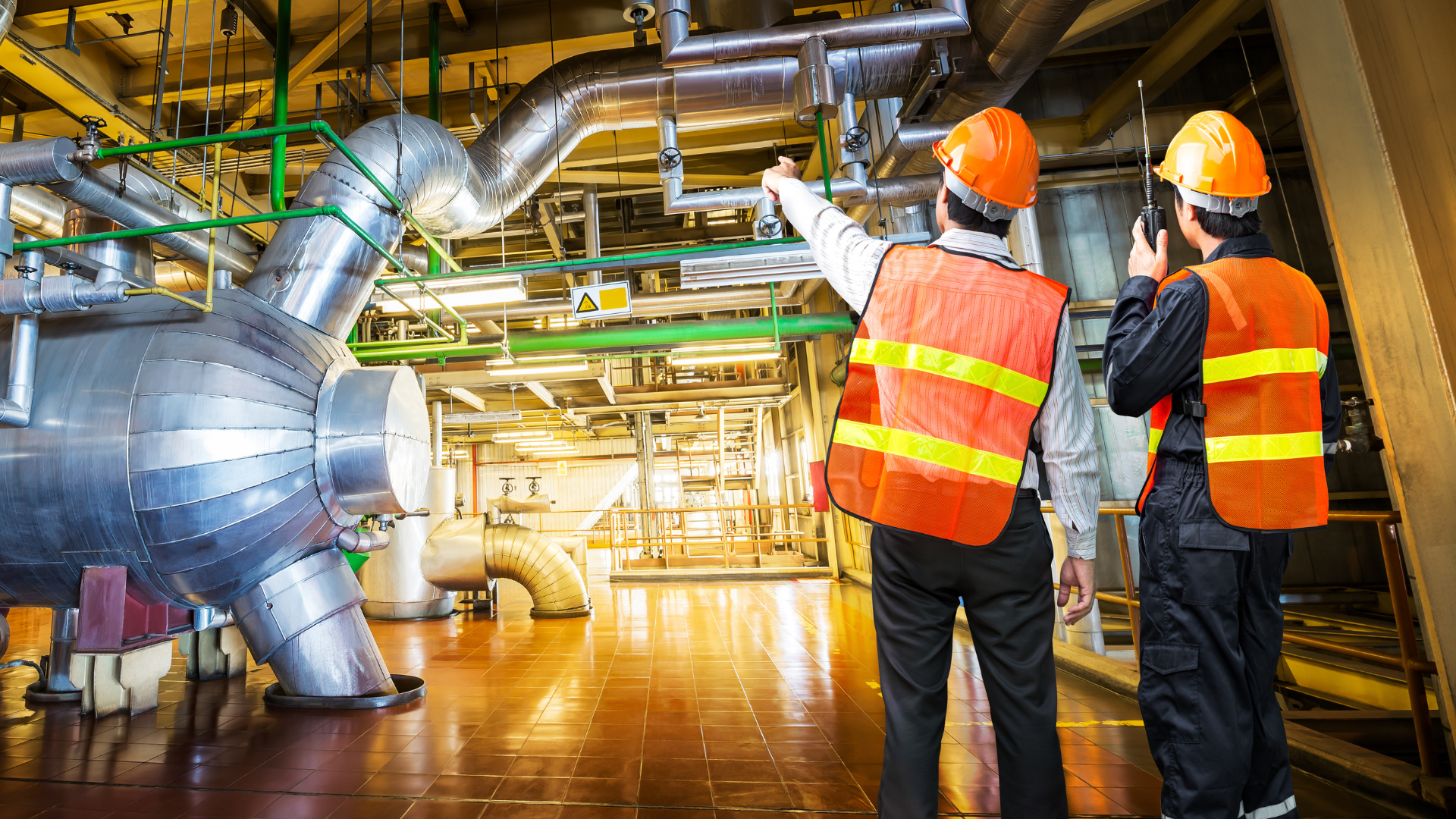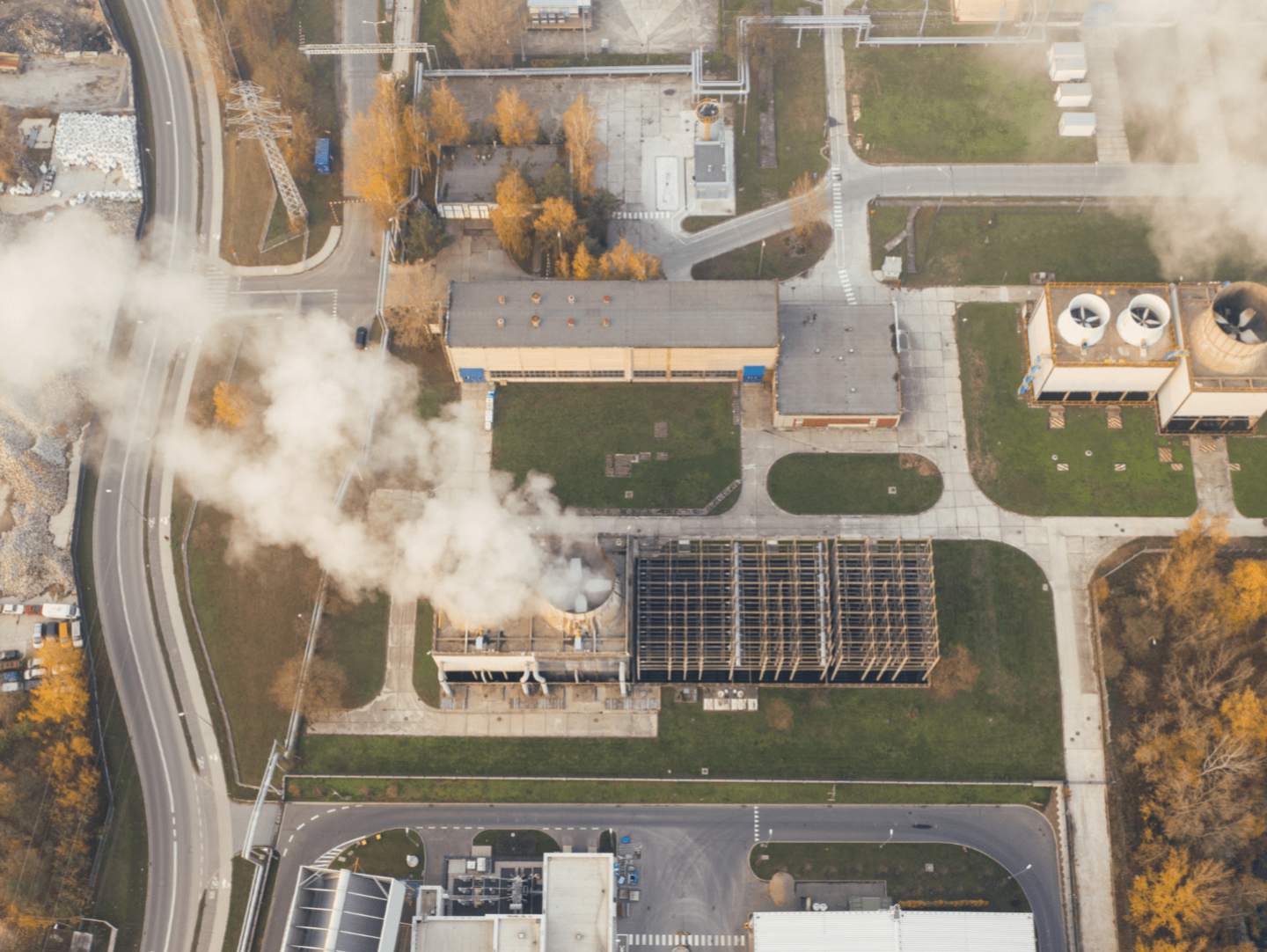What is carbon capture technology?
Carbon capture and storage technology is a recent development in the sustainability sector allowing excess carbon to be removed from the atmosphere and stored deep underground.
This is a newly contributing factor in the development of sustainability initiatives, as it actively decreases the excess CO2 in the atmosphere which contributes to climate change. This in turn decreases the atmospheric damage caused by the burning of fossil fuels, which the UK still relies heavily on.
While the energy sector is now supported by almost 45% renewable sources, it is still essential to decrease the environmental impact of energy produced from the combustion of coal.
What changes are happening in this sector?
The UK government are currently aiming to achieve net zero emissions by 2050. Part of this is the aim to capture and store 20-30 megatonnes of carbon dioxide per year by 2030.
Back in October, significant steps towards progress were made towards this goal with the announcement of two new carbon capture clusters on Merseyside and Teesside- these projects will be focused in industrial areas, reinvigorating growth in the Northwest.
Key bodies like the International Energy Agency and the Climate Change Committee support the use of carbon capture technology to reach sustainability targets, as they promote the reduction of emissions that can be implemented faster than a full transition to renewable energy sources.
There is also hope that this technology will allow heavy industry to thrive without having the same environmental impact that it has historically had.

How does this affect the wider sustainability industry?
The development of these clusters represents a shift in the pace at which carbon capture technology is being implemented- it is being treated with more urgency, as previously little progress has been made since the first plans to develop projects as long ago as 2009.
The Prime Minister has heralded the end of the coal-fired energy production industry, which is huge for the growth of roles in both the production of renewable energy and the reduction of carbon emissions and projects to fight climate change.
This project alone will directly create 4000 jobs, and in the long term support a further 50,000.
How do these changes impact the world of recruitment?
This announcement sets a precedent in the industry for the rate at which people are needed to apply their skills to these new projects and encourages rapid growth in other areas of the UK as part of an already rapidly accelerating industry.
The Northwest carbon capture clusters have attracted £8 billion in private investment as well as the £21.7 billion contributed by the government, marking projects like this as a hotbed for investment in a sustainable future.
This industry is expanding at a rate like I have never seen before, and new opportunities linking directly to carbon capture expansion are already starting to appear on the market.
What jobs are created by carbon capture projects?
Carbon capture projects generate diverse roles across multiple sectors, each requiring specialised skills and knowledge.
Engineers and technical specialists, including process engineers and chemical engineers, develop the core capture technology like absorption systems and compression equipment, while geologists assess underground storage locations and structural engineers design transport infrastructure.
Construction teams and operations staff keep facilities running smoothly - from skilled builders and welders constructing capture units to plant operators monitoring CO2 separation processes and maintenance technicians servicing complex equipment.
There is also a need for off-site staff to oversee these projects- administrative professionals provide crucial support through project managers coordinating construction timelines and budgets, environmental compliance specialists navigating regulations and permits, and data analysts tracking capture efficiency and system performance.
Logistics and supply chain professionals form a crucial category, managing the transportation of equipment and materials to sites, coordinating CO2 transport networks, optimising storage facility operations, and overseeing the complex supply chains needed for capture materials and equipment maintenance.
Finally, research and development teams drive innovation in the sector, where materials scientists work on improving capture materials like advanced solvents and membranes. Environmental researchers study storage impacts and chemists explore ways to convert captured CO2 into useful products like building materials or synthetic fuels.
.png)
How can Select help with your renewable energy recruitment?
With over 35 years of experience in recruitment, we are uniquely positioned to support the growing carbon capture sector. Our broad expertise in logistics, construction, and industrial operations allows us to source qualified candidates across the entire project lifecycle - from construction teams building capture facilities to logistics professionals managing CO2 transport networks.
We maintain an extensive database of pre-screened candidates from relevant industries like mechanical and technical engineering, manufacturing- both production and operations, and large-scale construction.
Our specialist recruiters understand the type of technical requirements and safety protocols needed, having placed hundreds of professionals in similarly regulated environments. We can rapidly fill roles ranging from plant operators and maintenance technicians to project coordinators and compliance specialists.
Through our established relationships with leading industrial employers and our rigorous vetting process, we ensure you get experienced candidates who can hit the ground running.
Whether you need to staff an entire project or fill specific positions, our industry knowledge and proven track record make us the ideal partner for your renewable energy recruitment needs.
Contact us today to talk about your staffing requirements or to discuss your next move in the renewables sector.




